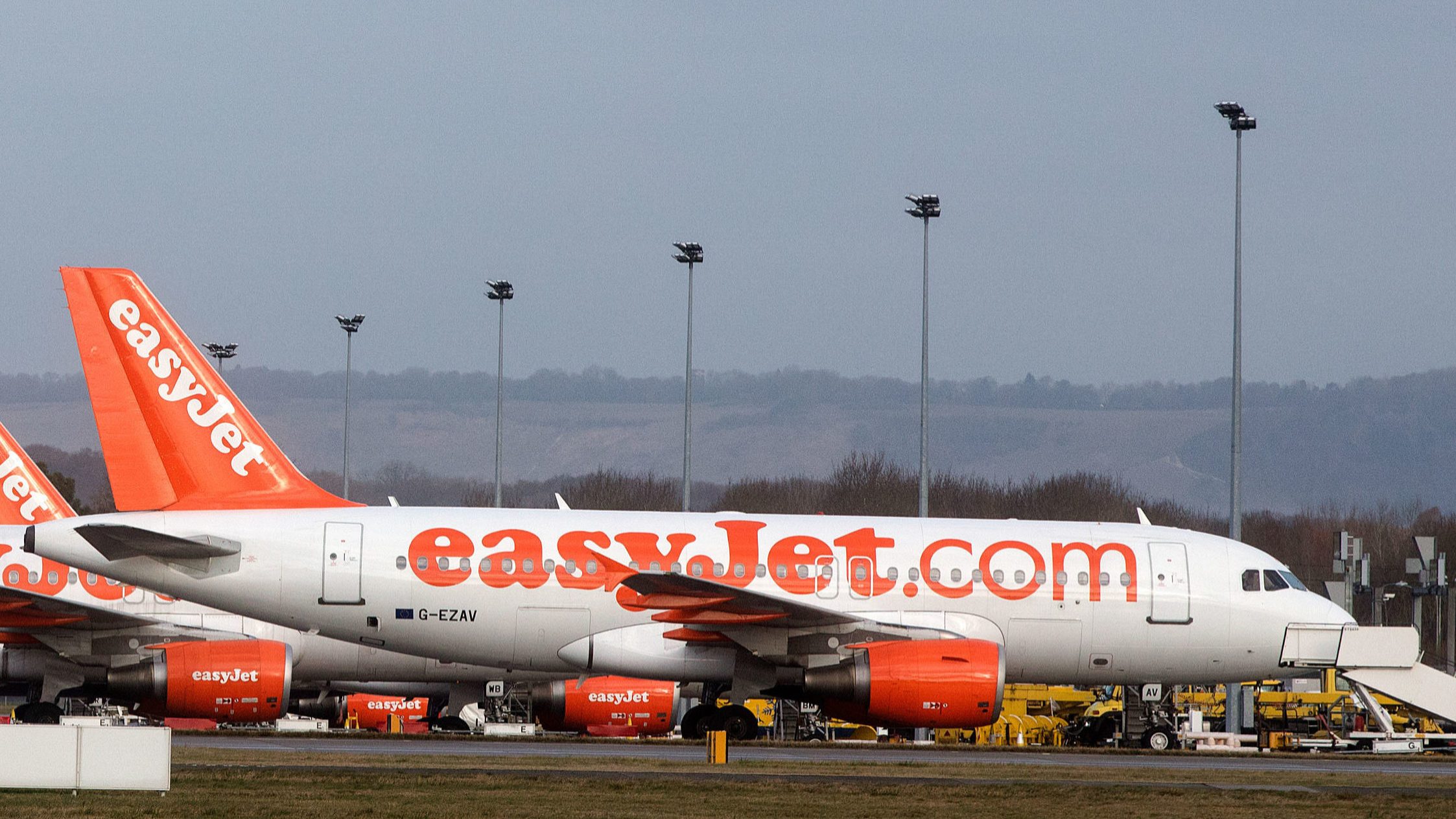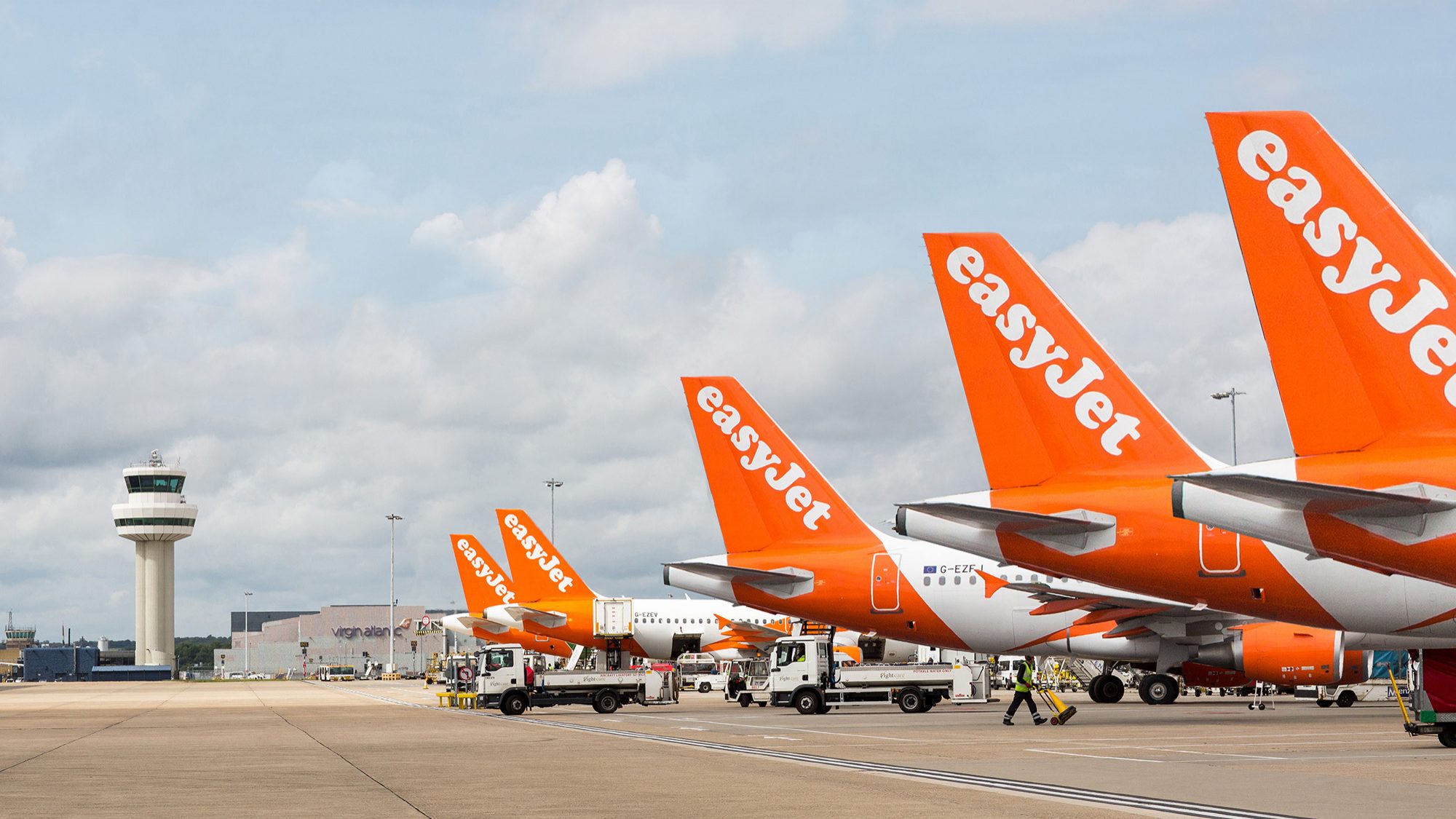EasyJet cabin crew begin five spaced strike days to end on 3 June
The carrier also said that all customers whose flights are cancelled "are eligible for a refund or free change to a new flight" and recommended that they confirm the status of their flights.
Cabin crew at easyJet on Friday began a strike also planned for 28 and 30 May and 1 and 3 June, accusing the carrier of “precariousness and discrimination” against staff in Portugal, compared to other countries.
In a statement issued on 11 May, the National Civil Aviation Flight Staff Union (SNPVAC) said that easyJet continues to consider crew members at Portuguese bases as “lesser workers” and perpetuates their “precariousness and discrimination in relation to colleagues from other countries.”
According to the union, “the climate of tension and displeasure and the long impasse in the resolution of various labour disputes led the SNPVAC to present a new strike notice” and it has “sent a letter to the company, the Ministry of Infrastructures, the Ministry of Labour, Solidarity and Social Security, the Ministry of Economy and Sea and DGERT, communicating a strike notice for 26, 28 and 30 May and 1 and 3 June 2023.”
The strike will cover “all flights performed by easyJet” as well as other services that require cabin crew members, whose “presentation hours occur in national territory starting at 00:01 and ending at 24:00 of each of the days” mentioned, according to the strike notice, released by the union.
“The proposed changes to the pecuniary benefits already previously presented by the company remain if not worse, far below the threshold of what is acceptable to ensure decent work for cabin crew members”, the structure indicated, adding that “easyJet remains ‘deaf’ to the economic difficulties experienced by its crew members, due to low incomes, in the face of the recognised increase in the cost of living, which asphyxiates workers and jeopardises the well-being and comfort of their families.”
The union once again highlighted that “in other countries and bases where the company has a lower level of profitability than in Portugal, the colleagues obtained significant increases,” stating that “the climate of tension and discontent due to the long and intolerable impasse in the resolution of the various labour disputes has worsened, leading to the conclusion that easyJet’s ultimate aim is to indefinitely extend the position adopted.”
The union considers that, given the existence of alternatives, particularly on flights to the Azores and Madeira, “there are no minimum services to be ensured.”
On the same day, easyJet said it was “extremely disappointed” with the call for the strike, guaranteeing that the union’s “current proposal is unworkable.
“The union’s current proposal is unworkable, especially given that what we pay our workers is above the national average wage,” it said in a statement.
“We will do everything possible to mitigate the impact it may have on our customers, including making changes to flights ahead of the strike,” the company added, stressing that “customers whose flights are affected will be directly contacted via SMS or email, using the details provided at the time of booking.”
The carrier also said that all customers whose flights are cancelled “are eligible for a refund or free change to a new flight” and recommended that they confirm the status of their flights.
In a statement on 19 May, the SNPVAC said that “easyJet has previously decided to proceed with massive flight cancellations: of the 458 original flights leaving its Portuguese bases in Lisbon, Porto and Faro, the airline has previously cancelled 384 flights, or 84% of the planned flights.”
The company, for its part, insisted that the remuneration of its workers “is competitive and is significantly above the national wage average” and said that “SNPVAC is calling for an unworkable proposal, asking for increases between 63% and 103%, which shows a lack of knowledge of reality.”


